Integraton of different tactics of pest management was well known much before the concept of IPM came into being. However, IPM gained momentum only when the adverse effects of large scale use of pesticides became evident. Since then, many alternative paradigms have been proposed, but IPM has been universally accepted as economically feasible and environmentally benign approach to pest suppression.
Although much progress has been made in the development and refinement of different tactics of IPM but their integration and adoption at farmers’ level remain far from satisfactory. Moreover, the introduction of gene technology has added an altogether new dimension to pest management and generated several socioeconomic, ethical and ecological issues. In addition, the potential climate change would lead to emergence of new pest problems in new geographical regions and would call for a drastic change in current approaches to pest management.
All these issues have been thoroughly discussed in the book and roadmap for future has been proposed.
The book would meet the requirements of postgraduate students offering courses in IPM in agricultural universities in india and otrher developing countries. It would also prove useful to teachers and research workers who are engaged in promoting the cause of IPM in sustainable agriculture.
Specification: A Textbook of Integrated Pest Management
|
User Reviews
Be the first to review “A Textbook of Integrated Pest Management”
Vendor Information
Vendor: Dynamic Book HomeRating: 4.50 rating from 1643 reviews
Company: Dynamic Book Home

US$98.00

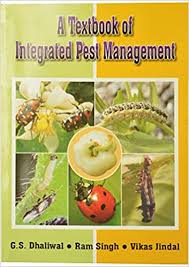
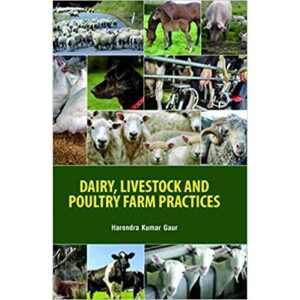
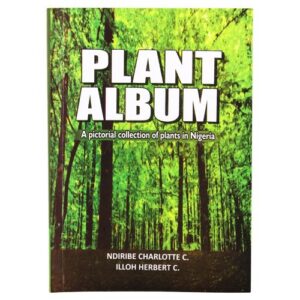
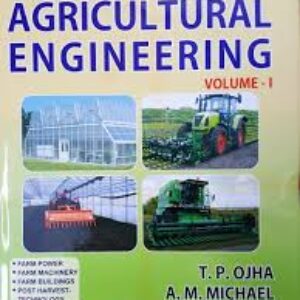
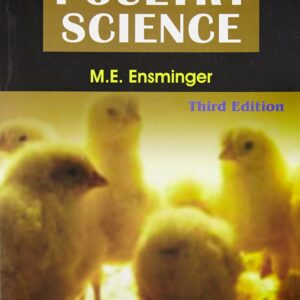

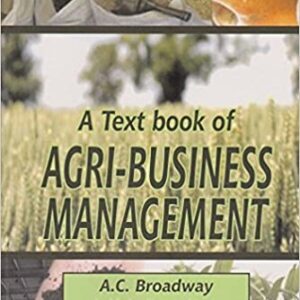
There are no reviews yet.